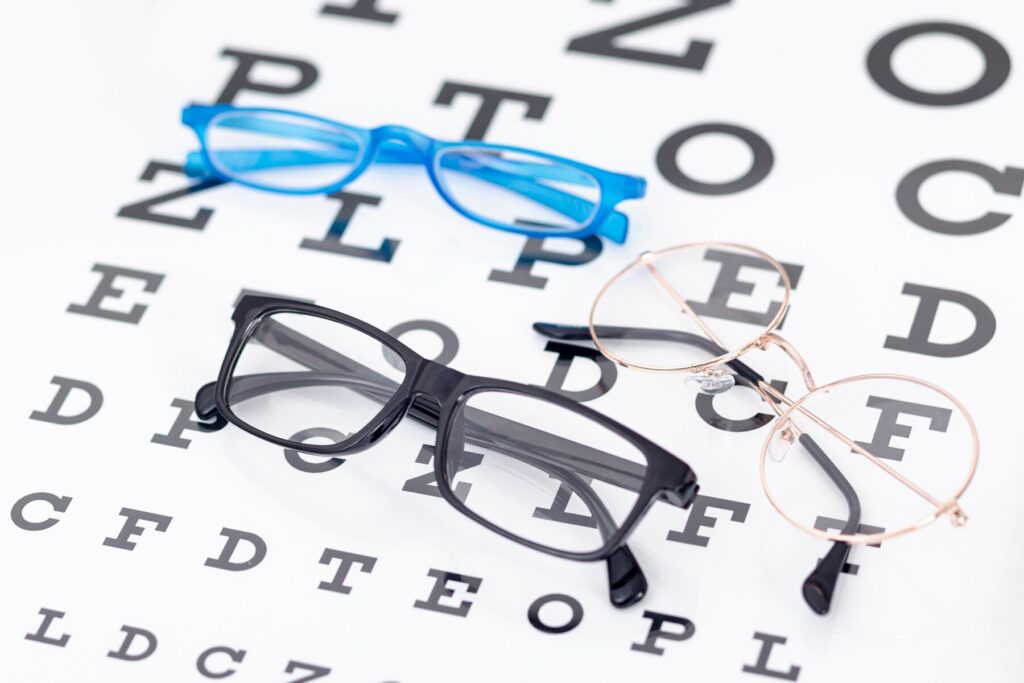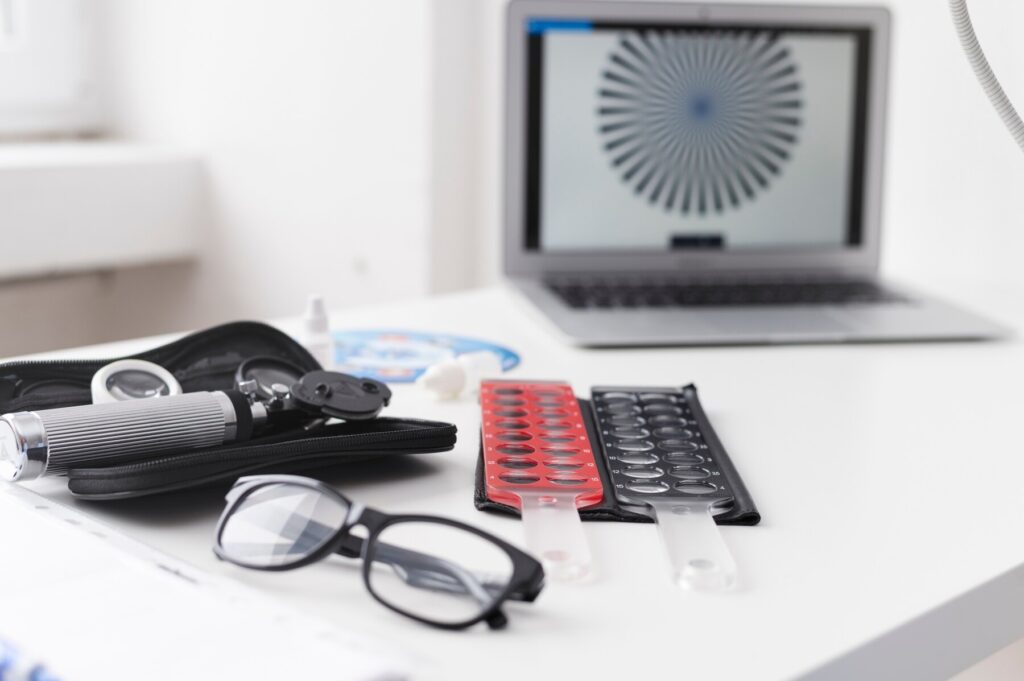The Answers to All the Vision Questions You Never Knew You Had

Cigarette in one hand, beer in the other – sound familiar?
If so, it is important to understand how lifestyle choices like smoking and drinking impact not only your overall health but also the quality of your vision. Your eyes often pay the price for these habits.
How Alcohol Affects Vision
After a few glasses of wine, everything might seem better, but in the long run, the effects are not as pleasant.
Before reaching for another drink, consider how it might be affecting your vision.
The Impact of Smoking on Eye Health
Beyond the well-known risks to the lungs and heart, smoking has serious effects on eye health.
If you think cigarettes make you look stylish, think again. They might be damaging your eyesight permanently.
How to Protect Your Vision
Conclusion
Daily choices have a significant impact on eye health. Reducing alcohol and smoking, maintaining a nutritious diet, and scheduling regular eye check-ups can help preserve vision for years to come.
Looking good starts with seeing well.

Do you know what the most common eye color in the world is?
Do you know what the lens in the eye is responsible for?
It’s time to test your knowledge!
12 fun and light questions to see how much you really know about eyes, vision, and sunglasses.
Good luck!
1. Can the human eye see from infrared to ultraviolet?
(A) Yes
(B) No
(C) Only in bright light
(D) Only with special glasses
2. What is the most common eye color in the world?
(A) Brown
(B) Blue
(C) Green
(D) Pink
3. What percentage of UVA and UVB rays can high-quality sunglasses block?
(A) 50%
(B) 80%
(C) 90%
(D) 99%-100%
4. Why is it not recommended to sleep with contact lenses?
(A) Because the cornea does not get enough oxygen
(B) They can stick to the eye and cause damage
(C) It’s a myth; you can sleep with them comfortably
(D) Because they can disappear inside the eye while sleeping
5. What is farsightedness?
(A) A condition where the eyeball is shorter than normal
(B) A condition where the eyeball is longer than normal
(C) Sensitivity to light
(D) An allergy to peanuts
6. What is the function of the lens in the eye?
(A) Creating images
(B) Focusing light
(C) Detecting colors
(D) Enlarging the eye to massive proportions
7. What is the visual impairment known as “lazy eye”?
(A) Complete blindness
(B) Double vision
(C) Reduced vision in one eye
(D) No desire to look at things
8. What is the most common cause of blindness in the world?
(A) Cataracts
(B) Glaucoma
(C) Macular degeneration
(D) Diabetes
9. How do glasses enlarge objects?
(A) By enlarging the pupils
(B) By using magnifying lenses
(C) Magic
(D) They don’t actually enlarge objects
10. At what age can someone start wearing contact lenses?
(A) 7
(B) 2
(C) There is no set age; as soon as the child is responsible enough
(D) 120
11. What does the term “color blindness” mean?
(A) Being undecided about a favorite color
(B) Seeing everything in shades of gray
(C) Eyes that change color all the time
(D) The inability to distinguish between certain colors
12. What causes the “red-eye effect” in photos?
(A) Crying a lot before taking a picture
(B) Overuse of a phone
(C) The camera flash
(D) Eating too many cucumbers
Answers:
1 – B, 2 – A, 3 – D, 4 – A, 5 – A, 6 – B, 7 – C, 8 – C, 9 – B, 10 – C, 11 – D, 12 – C

Our eyes are one of the most delicate and complex organs in the human body. They provide us with a clear window to the world, but even minor injuries or sudden vision changes can put our eyesight at risk. Knowing how to respond quickly can prevent long-term damage and protect your vision.
Below are some common eye emergencies and the appropriate steps to take.
Common Eye Emergencies and Immediate Actions
1. Foreign Object in the Eye
Dust, sand, an eyelash, or even a small insect can cause discomfort and irritation. Resist the urge to rub your eye, as this can push the object deeper or cause scratches.
What to do:
2. Eye Injury (Impact, Scratches, Burns)
A direct hit to the eye, such as from a ball or elbow, or an accidental scratch from a fingernail, can lead to serious complications if left untreated.
What to do:
3. Excessive Tearing or Eye Discharge
Watery eyes, mucus discharge, or excessive tearing could indicate an infection, allergy, or dry eye syndrome.
What to do:
4. Sudden Vision Changes (Blurriness, Floaters, or Distortions)
If you suddenly experience blurred vision, wavy lines, dark spots, or flashes of light, it could be a sign of a retinal detachment, optic nerve issue, or vascular problem in the eye.
What to do:
5. Eye Pain, Redness, or Swelling
Painful, red, swollen eyes could indicate inflammation, infection, or even an allergic reaction. If left untreated, some infections can cause permanent vision damage.
What to do:
6. Unusual Visual Disturbances (Flashes of Light, Double Vision, or Blackouts)
Seeing flashes of light, experiencing sudden double vision, or temporary blindness could indicate a retinal tear, stroke-related vision changes, or an issue with the optic nerve.
What to do:
Do Not Ignore Eye Symptoms
Your vision is irreplaceable. Many eye conditions can be prevented from worsening if treated early. If you notice any sudden or severe changes in your eyesight, seek professional help immediately.
A simple routine eye check-up can detect early signs of vision problems, ensuring you maintain clear and healthy eyesight for years to come.
Leave your details, and we’ll get back to you as soon as possible.
Leave your details, and we’ll get back to you as soon as possible.
All rights belong to Prizma Optic 2025
Made by JonnyStudio